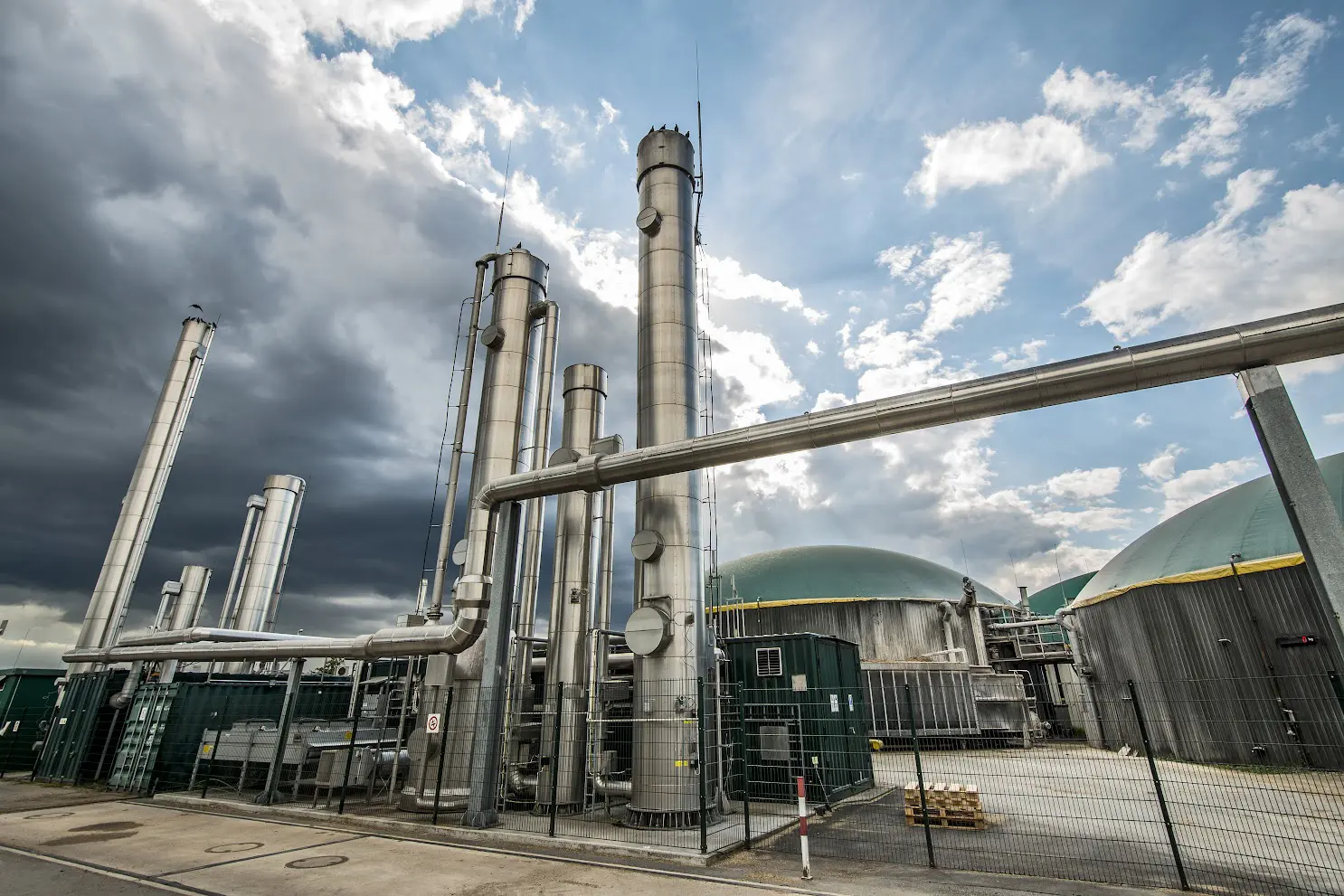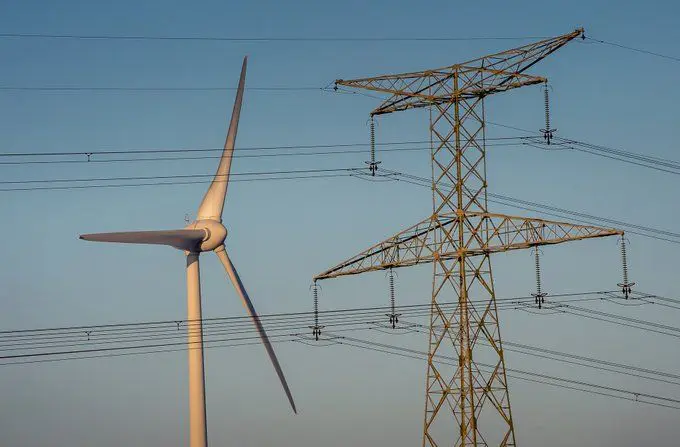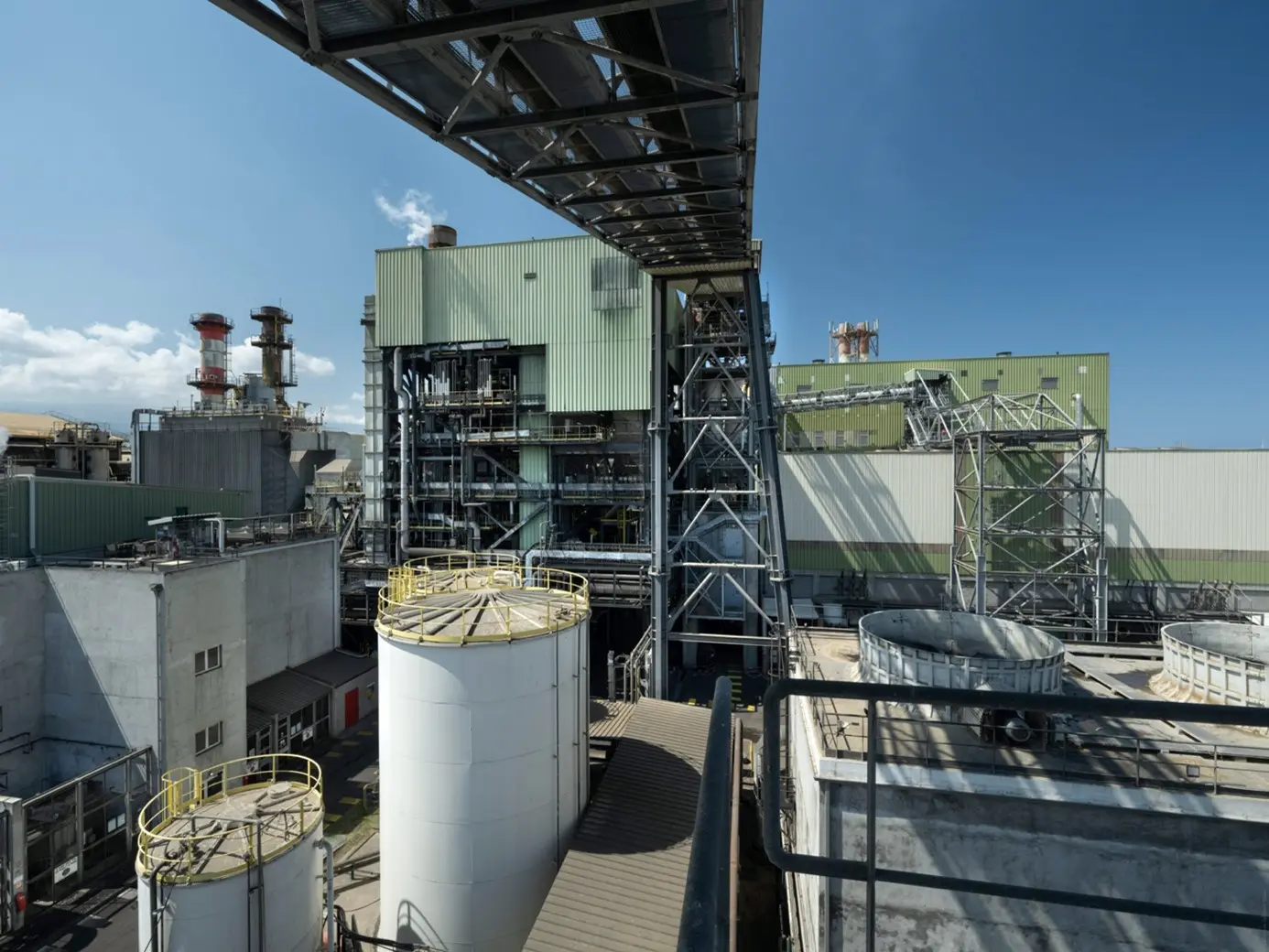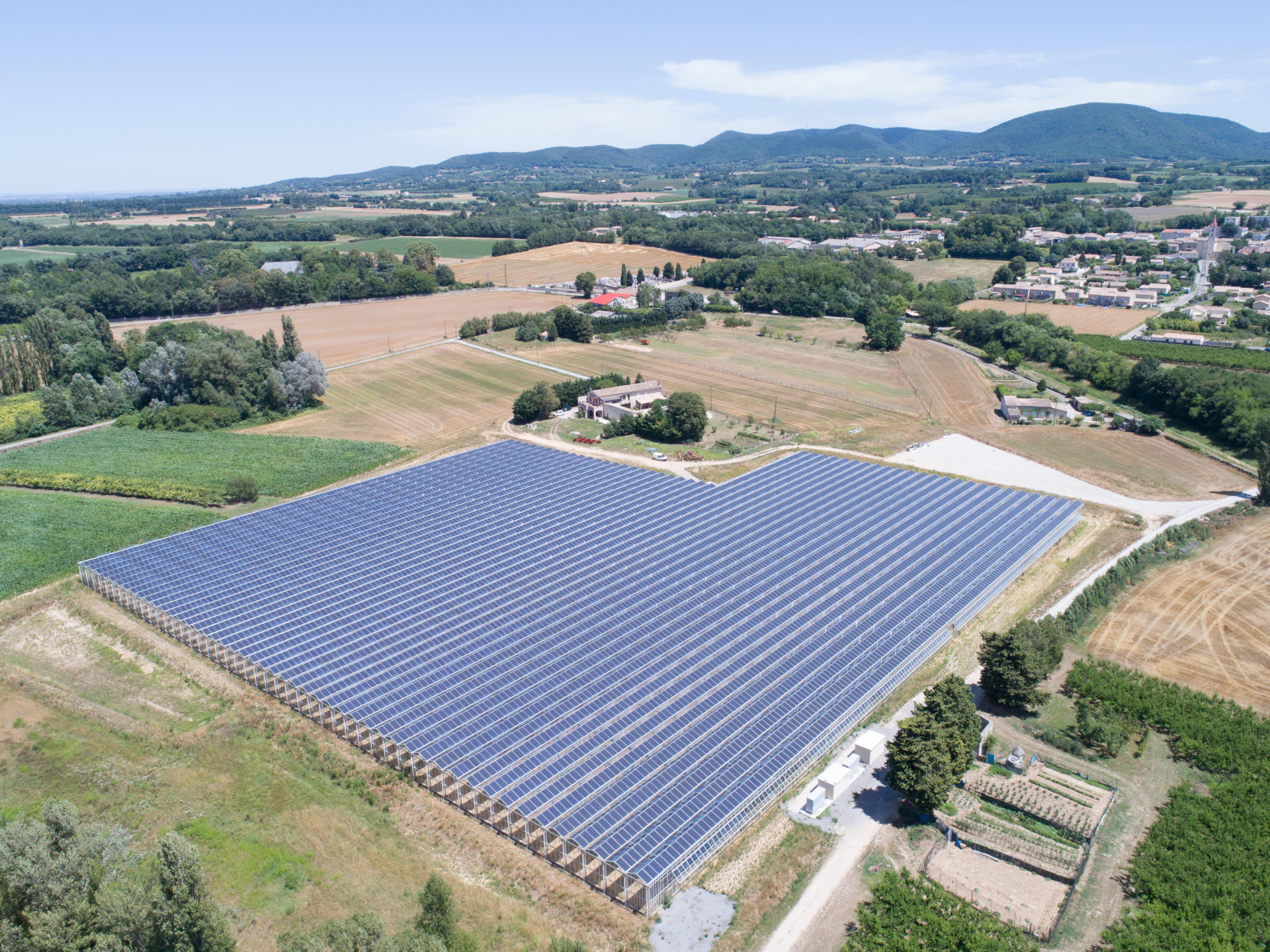Law No. 2025-391 of April 30, 2025: expert opinion

October 1, 2025 marks a major milestone in the “necessary” energy efficiency of French industry, as the new requirements of the DDADUE law, which transposes the European Energy Efficiency Directive (EED) into French law, come into force. The DDADUE law is a game changer, introducing a new set of requirements based on energy consumption rather than company size. It requires all French industrial companies with annual consumption of 2.75 GWh or more to conduct energy audits and those with consumption of 23.6 GWh/year or more to implement an ISO 50001-certified Energy Management System (EMS). This news represents a key step in the national objectives for decarbonizing industry with a view to achieving carbon neutrality by 2050.
A regulatory turning point that means new obligations for everyone!
Until now, only large companies or mid-sized companies—those with more than 250 employees or turnover exceeding €50 million—were affected by energy audit and performance requirements. This approach is now a thing of the past; the decisive criterion is now a company’s annual energy consumption, across all sites and establishments covered by its SIREN number. Two thresholds have been defined in the DDADUE law, published in the Official Journal on May 2, 2025. From 2.75 GWh/year, manufacturers must carry out an energy audit by October 11, 2026, and then every four years thereafter, unless they have an ISO 50001 EMS. Above 23.6 GWh/year, they are required to implement an ISO 50001-certified EMS by October 11, 2027, at the latest.
Hundreds of energy-intensive industrial companies, mid-sized companies, and small and medium-sized enterprises will be required to conduct energy audits. The largest energy-intensive industrial sites, already committed to energy efficiency, will have to meet new requirements and engage in a process of continuous improvement of their energy performance.
Deadlines to anticipate now!
2026 for audits, 2027 for EMSs—the timeline may seem distant for manufacturers currently facing numerous challenges, from inflation to political instability. And yet, they must not wait to secure their compliance, costs, and long-term competitiveness.
Key dates mean the risk of regulatory bottlenecks. As experience has shown with the first energy audit requirements in the 2010s, companies that wait until the last minute may find themselves facing a saturated market. Consulting firms, certification bodies, and experts cannot absorb massive demand in just a few months. Waiting means facing delays, increased costs, and even the impossibility of meeting deadlines.
Energy audits and the implementation of an EMS require careful planning. The DDADUE law requires an energy audit of the entire value chain of the company, with more than 80% of energy consumption being audited. This represents an investment in time and resources, depending on the size and complexity of the sites. The same applies to the implementation of an ISO 50001 EMS. It requires more than a year of work and involves a real collective commitment, from setting up the energy team to training and support. Starting early ensures that investments and efforts are spread out over time, yielding the best results.
Energy efficiency is synonymous with competitiveness. Without energy management tools or strategies, manufacturers are exposed to the vagaries of energy prices. The war launched by Russia in Ukraine in February 2022 caused an energy shock for European manufacturers, with gas prices rising between 70% and 110% and electricity prices between 40% and 75% compared to 2021 prices. These significant fluctuations demonstrated how uncontrolled energy consumption can undermine margins and business activity. Anticipating energy consumption means securing your economic trajectory.
Beyond a constraint, a strategic opportunity for manufacturers!
The DDADUE law should be seen by manufacturers as an opportunity to boost their energy efficiency and resilience in the face of economic uncertainty and growing decarbonization requirements. It enables them to accelerate their efforts to reduce energy consumption. An energy audit, the first key step towards energy efficiency, enables them to identify significant savings opportunities and the most relevant courses of action, from optimizing utilities to recovering waste heat. It also ensures that they become more resilient to energy shocks and, above all, more agile. In this respect, an EMS enables continuous monitoring of consumption, elimination of waste, and rapid adjustment of usage in the event of a crisis. It fits perfectly into the CSR approach of French manufacturers, as a lever for performance and attractiveness. Customers, investors, and others are increasingly scrutinizing the environmental performance of manufacturers. Conducting audits and even obtaining ISO 50001 certification strengthens a manufacturer’s image, lends credibility to its commitments, and contributes to its attractiveness.
Finally, the DDADUE law is fully in line with the national decarbonization trajectory. Industry accounts for 20% of greenhouse gas emissions and 18% of final consumption in France. In order to achieve the ambitious goals of the National Low Carbon Strategy—a 35% reduction in carbon emissions by 2030 and more than 80% by 2050—French manufacturers must make a massive and rapid commitment.

Towards a more sustainable, resilient, and sovereign French industry!
The DDADUE law sends a strong signal: energy efficiency is becoming a strategic pillar of industrial decarbonization in France and Europe. Its entry into force on October 1, 2025 marks a turning point: manufacturers must anticipate, plan, and transform this constraint into a real competitive advantage. In this context, E’nergys is positioning itself as a trusted partner to support manufacturers throughout the entire chain—from diagnosis to the implementation of an energy management system to the development of a low-carbon trajectory. Beyond compliance, the DDADUE law represents an opportunity to accelerate the transition to a more sober, resilient, and sovereign French industry!






